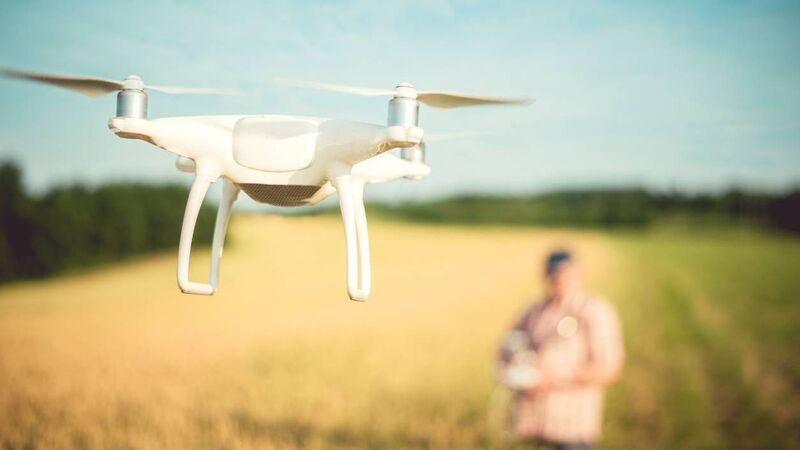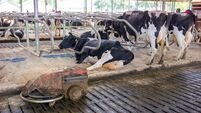Legal advice: Can I shoot down the drone flying over my farm?

The law on low-flying aircraft, including drones, is primarily regulated by the Irish Aviation Authority (IAA) and the European Union Aviation Safety Agency.
Dear Reader,
It is important to outline from the outset that under no circumstances should anybody take the law into their own hands and shoot down a drone.
The law on low-flying aircraft, including drones, is primarily regulated by the Irish Aviation Authority (IAA) and the European Union Aviation Safety Agency. Between them, they implement the European Union Regulation 2019/947, which came in to force on December 31, 2020.
The drone operator should register the drone with the IAA, and if a person wishes to fly your drone outside the limits prescribed in the regulations, they should apply for a Specific Operating Permission (SOP) from the IAA, following training with one of the IAA Registered Training Facilities.
In order to get a Specific Operating Permission, a person must first attend a drone safety training course and produce an operations manual that is acceptable to the IAA.
In order to operate under Specific Operating Permission, a Pilot Competency Certificate is required.
There are a number of safety rules drone operators must adhere to:
- Drones can fly up to 50 meters above ground or sea level in the Open category and up to 120 meters in the Specific category and direct visual contact with the drone is required.
- They should not fly close to residential areas and there should be a safety distance from isolated buildings, people, vehicles, animals, and structures is required.
- They should avoid flying near airports and heliports or near military installations, public utility installations, archaeological sites, or public or private facilities.
The General Data Protection Regulation (“GDPR”), which came into effect on May 25, 2018, has an impact on the data captured by drones.
The Data Protection Commissioner (DPC) has issued guidance on the use of drones in order to comply with the GDPR.
The drone operator may be classified as a data controller and may need to have the consent of the individuals whose personal data they will capture.
However, this is unlikely to apply to most uses of drones as it will be difficult to obtain the freely given consent of everyone likely to be recorded.
The drone operator or data controller can argue that the drone is operated for legitimate interests and such legitimate interests may provide a legal basis for the processing of personal data, provided that the interests of the data controller are balanced with, and not overridden by, those of the individuals whose personal data are being processed.
However, overall there is an obligation on drone operators to comply with the GDPR and privacy law, and if, as in your circumstances, you wish to bring a complaint, you should bring this to the Data Protection Commissioner.
However, an obstacle you may face here is that will have to identify who is operating the drone for the DPC to give this consideration.
It would also be worth contacting the IAA to make enquiries as to whether this particular drone is registered in order that you can establish who is operating it.
Email: info@walshandpartners.ie
- While every effort is taken to ensure the accuracy of the information contained in this article, Walsh & Partners does not accept responsibility for errors or omissions howsoever arising. Readers should seek legal advice in relation to their particular circumstances at the earliest opportunity.











